On The Burden of Beauty
Perfection is the disease of a nation - Beyonce.
Is the issue Skin Deep?
Citizen TV did a documentary with the title "Burden of beauty" on 18th and 19th February, in which they attempted to answer the question: why is altering one's physical appearance using harmful skin bleaching creams, tablets, and injections popular among the urban Kenyan youth? A Professional dermatologist interviewed in the documentary confirmed that the products the youth use to lighten their skin have dire side effects such as cancer and inability of the skin to heal if punctured. Some of the youth even confirmed that they know of the side effects but they simply don't care. If you missed the documentary, search "Burden of beauty Citizen TV". However, you don't have to watch the video to understand this article.
What separates humans from the other species of animals in the world is the ability to solve advanced problems. When you look at the most helpful inventions we enjoy today, you would notice that a majority of them came from a problem that someone encountered and attempted to solve. Tools, for instance, were invented as a solution, and they exist to literally solve another problem. Think about it. The ancient man is hungry, hunger could lead to starvation and death, therefore his existence is threatened. Man takes a rock, sharpens it, and ties it to a piece of wood to make a spear. He is now able to hunt better, feed, and protect his clan from predators and survive another day.
You must be wondering what a spear has to do with skin bleaching. Well, the answer in this case, the skin bleaching cream is the tool (spear) and the compliments (external validation) are the satisfaction after solving a problem. So what was the problem that needed to be solved? And was it life threatening like the case of starvation to the early man?
According to the people featured in the Burden of beauty documentary, it does feel like a problem if you put yourself in their shoes. Is it life threatening? One cannot make that decision if he she has not been in that situation, however, according to the people whose careers or livelihood depends on their appearance, for example actors, then it quickly becomes a concern because it may feel like being denied a fair chance to compete and pursue their career.
Different cultures around the world have their own standards of beauty. In today's globalized world, it is easy to interact with other cultures via different forms of media or physically. Each culture portrays its standards in the form of the artistic content it produces, be it films, music, art and even works of literature. Globalization promotes the sharing of these creative works, thus the most widespread creative work will carry its creator's ideas to the audience, which means these ideas will be passed on to whoever interacts with the creative products continuously. Meaning, the most influential culture will have a chance to spread its ideas and cultural norms into other cultures and affect the local ideas in the other culture. It is evident that most of us have grown up with the continuous influence of foreign media in form of films and toys in our childhood, before we started producing enough of our own content. Our childhood being a period when we still don't have a solid sense of identity, thus we're open to influence.
Going back to the topic at hand, the tools to change our appearance are readily available. But, do we really have a problem? Is the problem only perceived to exist? If it does exist, are there other tools that we can use which may take time but will work with fewer side effects?
We must find the beauty in our culture and value it then portray it in our media such as films and other influential works of art. With the amount of local content 'On Air' in our local channels, we are on the right track and we might see the benefits in years to come. We should however take note of our culture and find what influences it negatively, minimize the influence and try to push content that positively reflects our culture and the positive aspects that make us unique. This way, the children who are currently forming their identity and world view will grow up with a positive view of their culture and are likely to be adults who are aware of and contented with their cultural identity. They will not feel the need to adapt to foreign ideals but will still be able to interact and share ideas with different cultures in a healthy way.

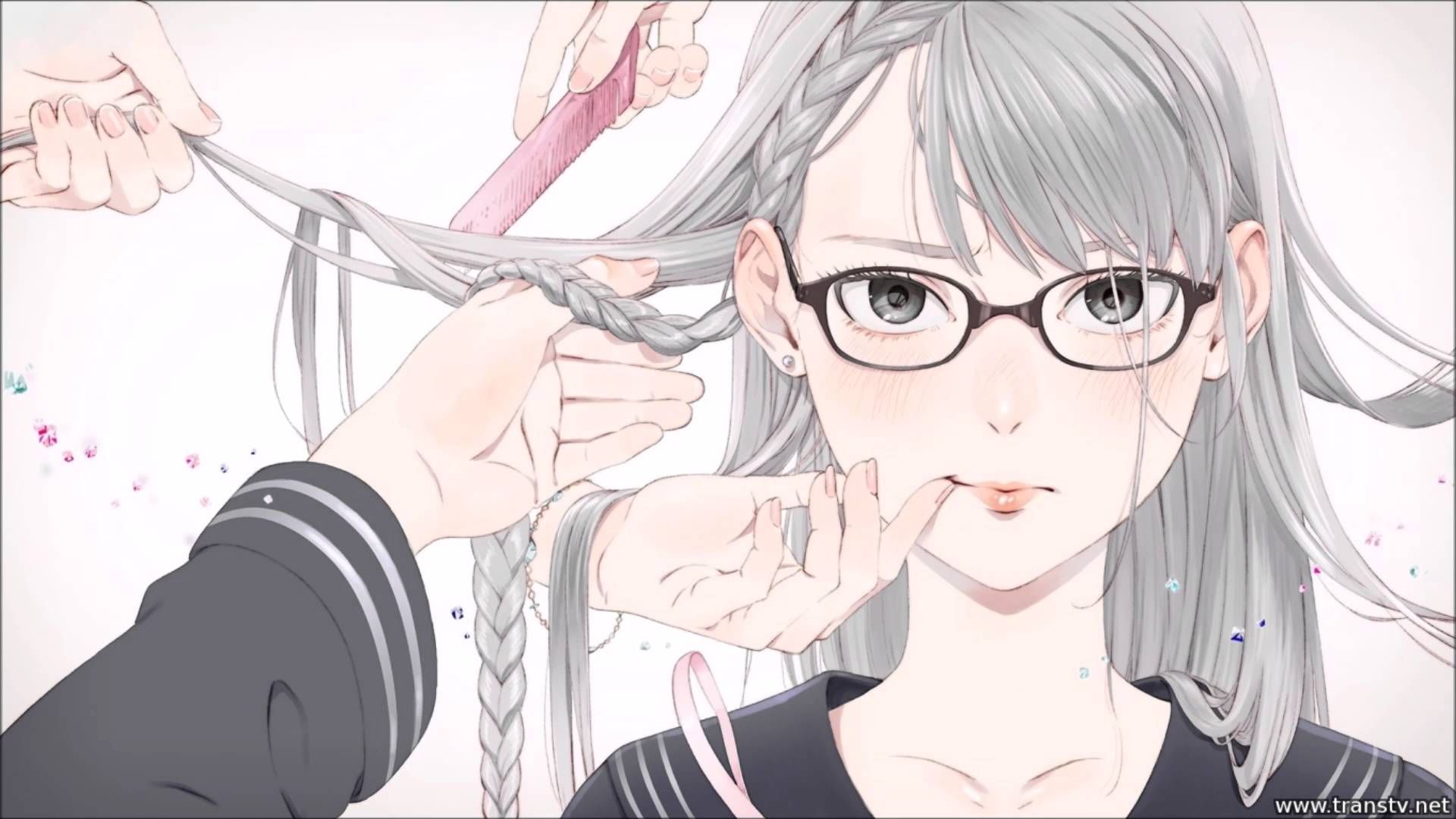
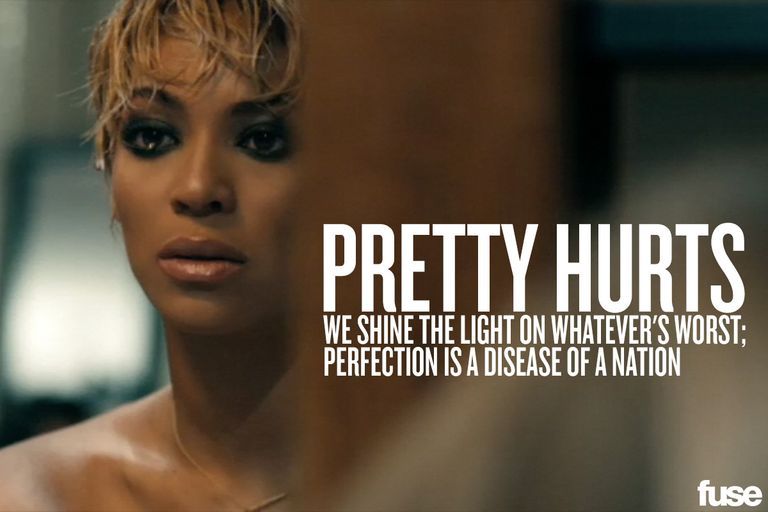
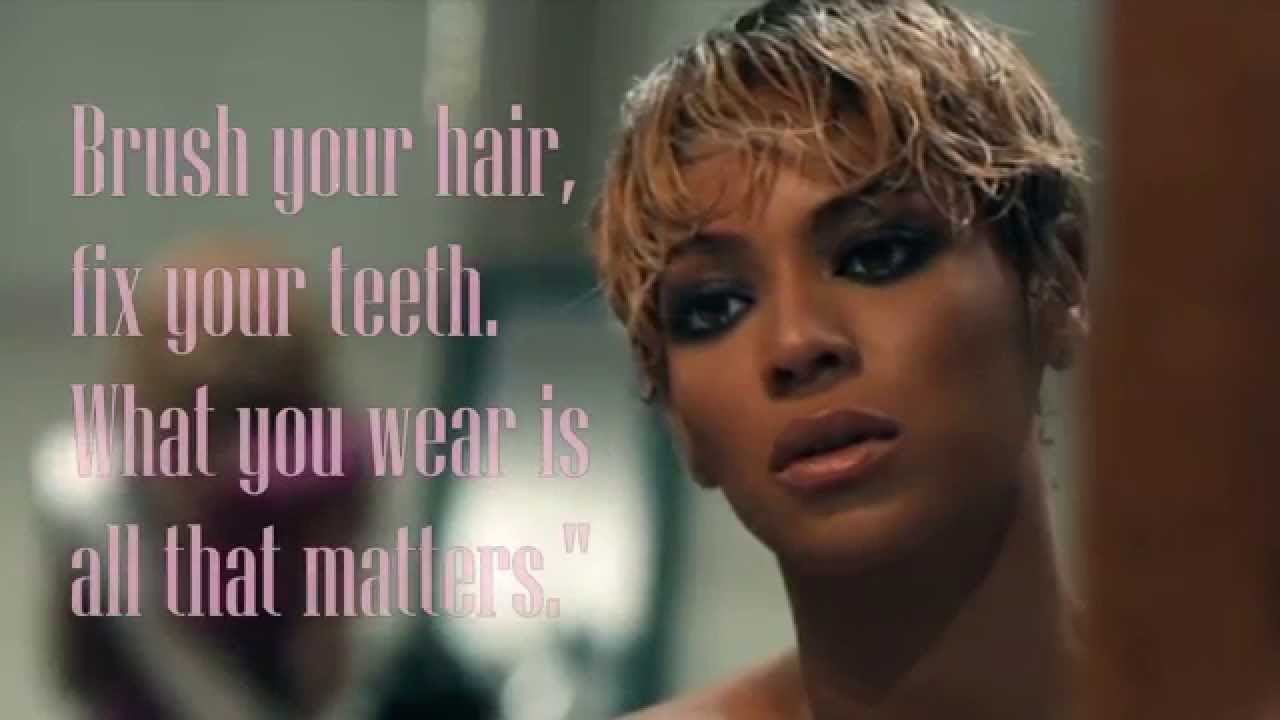
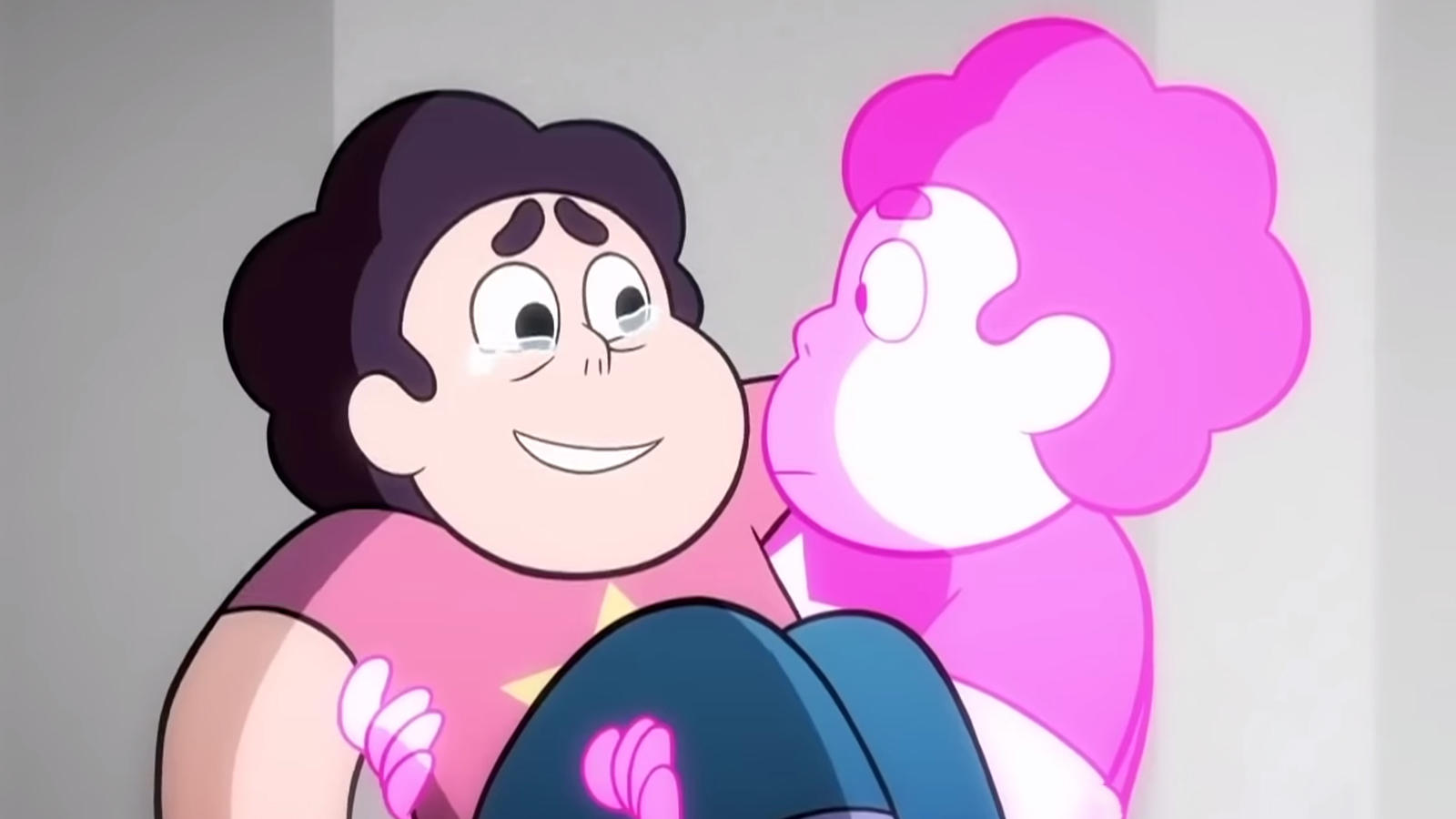


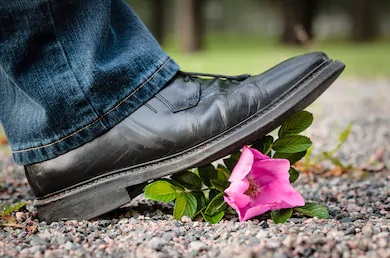
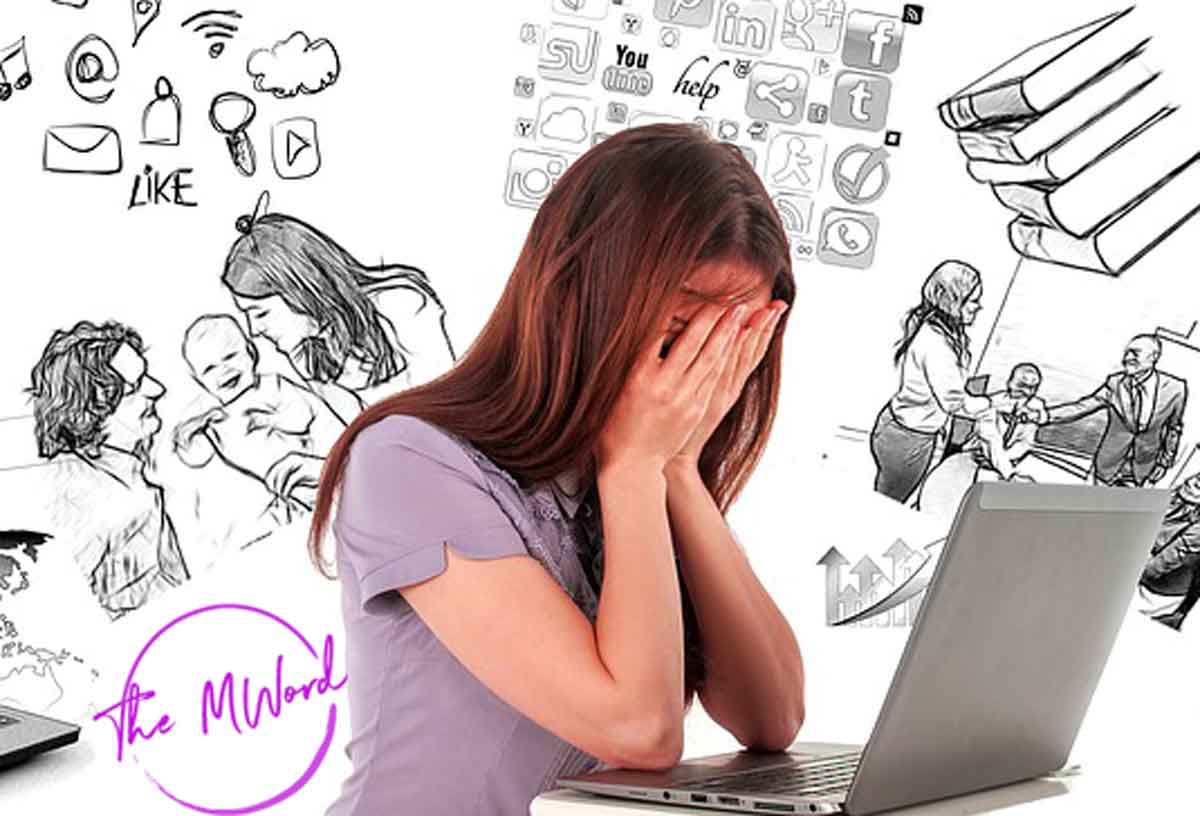
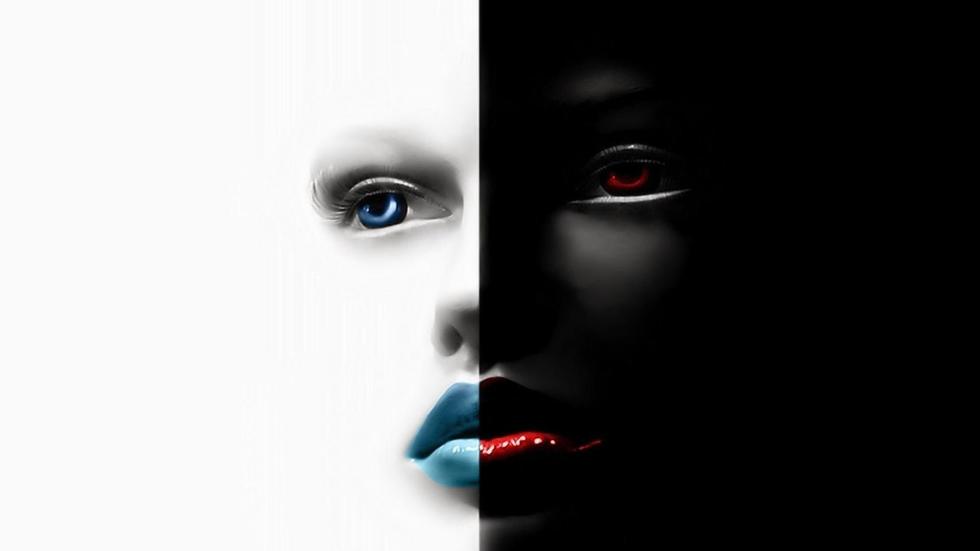
0 Comments
Add Comment